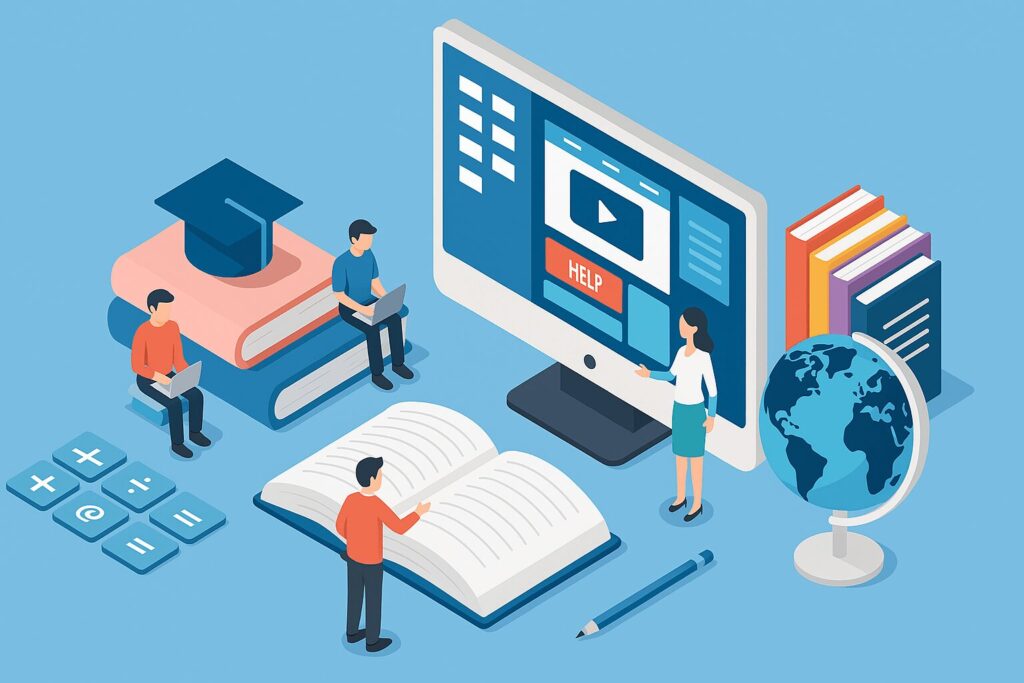
In a time when artificial intelligence is solving equations in seconds and virtual reality allows students to go on “field trips” to ancient civilizations, you might ask yourself:
What role does the teacher play in a technology-mediated education?
The answer: More than ever, the teacher is the human link in a digital world.
They are not going away — they are transforming.
Let us explore how the role of teachers is changing in this education technology revolution.
1. From Information Providers to Learning Facilitators
In the past, teachers were the source of information. In our technology-enhanced classrooms, knowledge is only a click away. Now, teachers serve as:
Content Curators:
Guiding students through oceans of information, helping them identify credible sources and engage in authentic, meaningful learning.Learning Designers:
Crafting lessons that blend technology with pedagogy — creating experiences that teach students how to think, not what to think.
2. As Champions of Digital Literacy
While students may be skilled with devices, they often lack true digital literacy.
Defining Tech Etiquette:
Teachers play a crucial role in teaching online safety, healthy social media habits, and responsible digital citizenship.Bridging the Digital Divide:
Recognizing varied access and skill levels, teachers help close the gap and scaffold learning for all students.
3. As Nurturers of Human Values
Spending time in front of screens can reduce empathy, communication, and collaboration — values teachers uphold.
Emotional Anchors:
Teachers create safe environments for students to share thoughts and feelings, promoting emotional resilience.Soft Skills Trainers:
No app can teach patience or teamwork — teachers facilitate these through real-world situations like group problem-solving.
4. As Adaptive Innovators
Today’s teachers are lifelong learners, evolving with technology.
Always Learning:
Whether it’s mastering a new LMS or experimenting with gamification, they continually grow.EdTech Integrators:
Rather than using tech for its own sake, teachers purposefully select tools that enhance learning outcomes.
5. Role Models in a Hybrid World
With education shifting to hybrid models, teachers help students develop vital self-management skills.
Time Management Coaches:
Helping students balance screen time with study time and build productive habits.Accountability Partners:
In digital learning, teachers set expectations, monitor progress, and ensure learning continues — even remotely.
Conclusion: Technology Needs Humanity
As intelligent as machines become, they can never replicate the emotional intelligence, ethical grounding, and personal connection that teachers provide.
In a tech-driven world, teachers are not outdated — they are essential.
They are the conduit between innovation and inspiration, making education more digital, but never less human.
The future of education isn’t just smarter tools — it’s trusting guides. And those guides, then and always, are our teachers.


